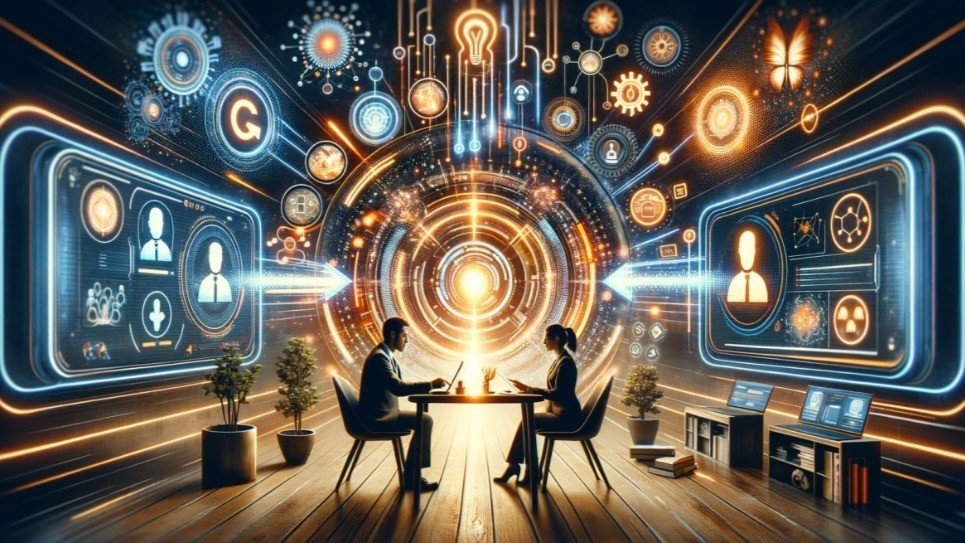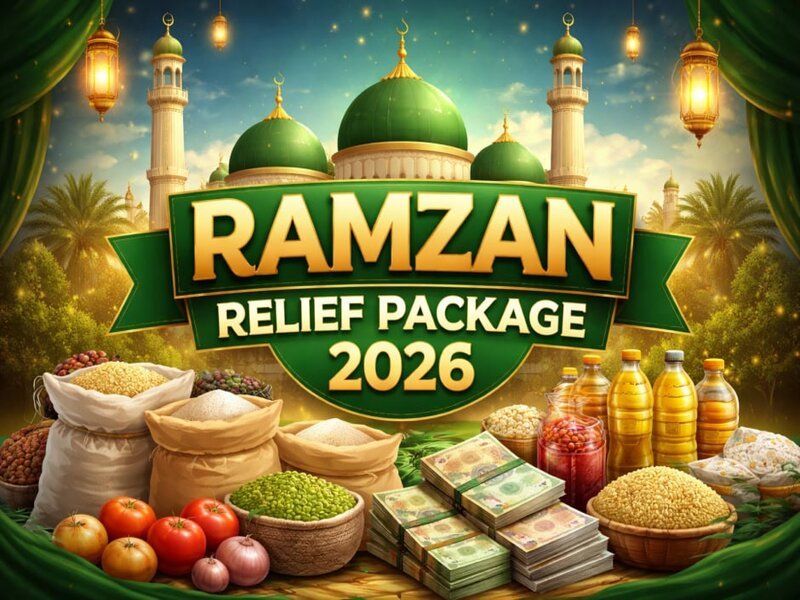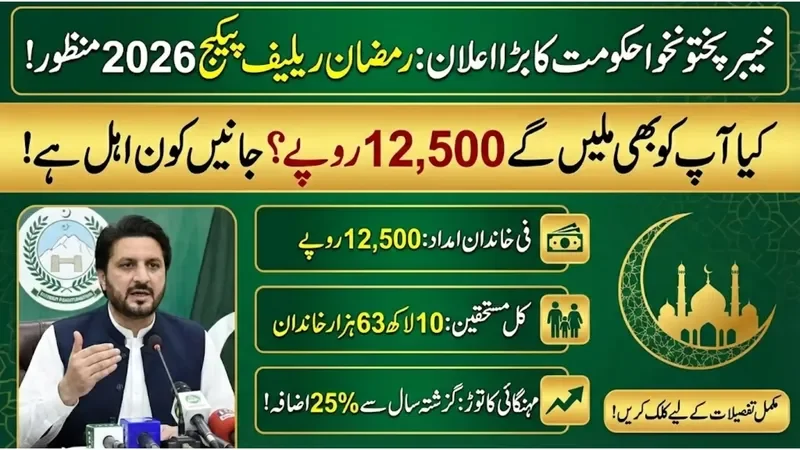Artificial intelligence is transforming the job market faster than most institutions can adapt, with estimates from McKinsey & Company suggesting that nearly 30% of work hours in the U.S. could be automated by 2030. The Brookings Institution has identified around 36 million U.S. jobs—approximately one-quarter of the workforce—as highly exposed to automation, meaning that over 70% of their tasks could be handled by AI. While these figures sound alarming, they also highlight an opportunity: with the right strategy, tools like ChatGPT can help individuals future-proof their careers by identifying and preparing for roles that are less susceptible to automation.
One way to get started is by using ChatGPT to uncover transferable skills and connect them to roles that align with future demand. The World Economic Forum predicts that nearly half of workers’ core skills will be disrupted by 2027. However, attributes like creativity, critical thinking, and social influence are set to rise in importance. A prompt asking ChatGPT to act as a career strategist and identify transferable strengths, followed by matching those to roles resilient to automation, can reveal practical paths forward. This approach helps clarify where uniquely human capabilities are still irreplaceable, particularly in fields requiring emotional intelligence, problem-solving, or relationship-building. This strategy is particularly useful for students or early-career professionals looking to make informed choices about education, internships, or entry-level roles that align with long-term stability. By comparing AI-generated role suggestions with labor market data, identifying any skills gaps, and planning next steps, users can build a clear, actionable career transition map.
Another effective tactic involves reverse-engineering job descriptions to better understand which elements are automation-prone and which require human insight. Rather than passively applying to roles, job seekers can use ChatGPT to analyze real-world postings and extract which skills are most likely to remain valuable. By asking ChatGPT to act as a hiring manager and differentiate between AI-automatable and human-led tasks, users can reposition themselves more strategically in the market. This kind of analysis goes beyond keyword optimization, focusing instead on areas where candidates can differentiate themselves through emotional intelligence, ethical reasoning, or complex decision-making. Updating résumés and profiles to reflect this human edge helps align more closely with what employers increasingly need in an AI-integrated workplace.
Exploring AI-resistant career paths in sectors outside of traditional tech is another valuable use of ChatGPT. Roles in healthcare, education, skilled trades, and ethical governance often rely on interpersonal skills, contextual judgment, or manual dexterity—all areas where AI continues to lag behind human capabilities. By asking ChatGPT to act as a future-of-work researcher, users can discover lesser-known but highly resilient jobs aligned with their interests and strengths. These aren’t just fallback options—they often represent high-impact, meaningful career choices with long-term relevance. Once potential roles are identified, further exploration through informational interviews or skill-building can help validate these options and move toward implementation.
Perhaps the most forward-thinking application is designing hybrid roles that blend AI capabilities with human strengths. These jobs don't compete with AI—they harness it to automate routine tasks and enhance human productivity in areas like strategy, empathy, creativity, or communication. With a well-crafted prompt, ChatGPT can act as a career designer, helping users envision new roles tailored to their unique strengths and values. These may not exist yet on job boards but are increasingly in demand as organizations restructure to integrate AI. The output from such a prompt can form the basis for customized job applications, freelance service offerings, or even new business ideas. This approach reflects the reality that most jobs won’t disappear—they’ll evolve.
AI isn’t just reshaping the workforce; it’s reshaping how individuals can intentionally design their careers. The people who thrive in this era won’t be those who resist change or blindly follow trends, but those who understand their own value and learn to leverage tools like ChatGPT as a career development partner. By aligning personal strengths with emerging opportunities, it’s possible not only to survive the age of automation—but to grow and lead within it.








































